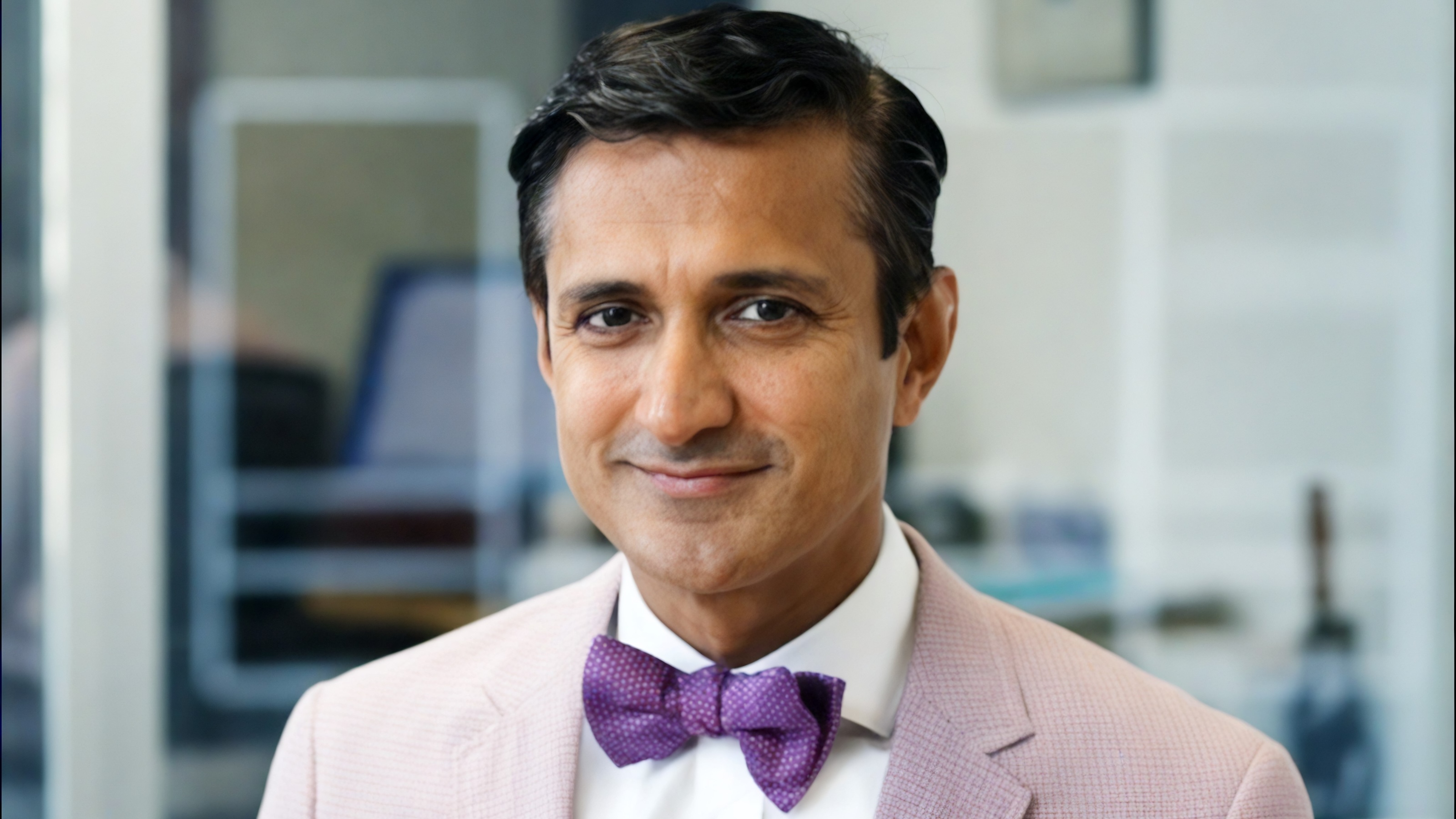Often people speak of entrepreneurs as if they are a different species. Professor Saras Sarasvathy explains what characteristics successful ones share.
Question: What kind of person becomes an entrepreneur?
Saras Sarasvathy: I thought about this a lot and I am now convinced that there is no one kind of a person who can become an entrepreneur. A lot of people believe that there are certain characteristics that make someone an entrepreneur, and that entrepreneurs are different from non-entrepreneurs, or other human beings. Almost as though entrepreneurs are a different species.
And I am becoming more and more convinced that it’s not a very useful way of looking at entrepreneurs. I think entrepreneurship is the proverbial inkblot, in the sense that you can be a stick-in-the-mud person, with a lot of routine, just for the fun of it, I would say the accounting type, and you could go start H&R Block.
Or, you could be the ultimate flamboyant guy that you can think of Richard Bransonand start all kinds of things including trying to take people to space.
Or, you could be a loud mouth like Ted Turner and start CNN.
I actually think I’m more and more convinced that everybody can be an entrepreneur, that entrepreneurship is much more a way of looking at the world and solving problems in the world.
Like the scientific way. Everybody can learn to be a scientist. Not everybody can become an Einstein--that’s not what I’m saying. But, everybody can actually learn to become more scientific in their reasoning. And in the same way, I think everybody can become more entrepreneurial in their reasoning. And on top of that, because this involves human beings first and foremost, unlike in science where you have to really understand nature and maybe also understand the differential equations, here, it’s much more something that human beings are very good at interacting with people in the social setting.
And that’s why you find millions of women around the world, many of them illiterate, who are entrepreneurs. So, I’m becoming more convinced and I’m beginning to embrace the idea that there is no one type that cannot become an entrepreneur.
Question: What are the characteristics of successful entrepreneurs?
Saras Sarasvathy: One is, if you never ever start a venture, right? You’re not going to be a successful entrepreneur. So that’s a sure thing. I can separate a successful entrepreneur from the unsuccessful one by seeing if they ever started anything or not.
The other one, I think, if you want the surest predictor of success is how people actually deal with failure. So, if you think about this, people will argue that the success rate for ventures is very, very small: 1 in 10. People throw out these numbers. It’s actually not quite correct.
But, whatever the number that you believe is the success rate, if you think about it for a moment, just by being willing to fail once or twice and start again, you can increase the probability of your success. In respect about what the success rate is out there in the world, right?
So those would be the two things I would look for, somebody who actually acts with a bias for action, someone who will actually go out and try to solve a problem using entrepreneurial methods, if you will, and someone who is willing to do it over again if they did something wrong and by doing it over again. There’s one other thing that you gain, and that is, overtime you become very good at keeping your failures small and useful, keeping them smart, making them happen at early levels of investment. So, you actually are able to get more shots at the pot.
So failure teaches you not only what not to do but also how to do things with a smaller footprints so if failure happens, it’s not disastrous. So that’s the way I would think about successful versus unsuccessful.
Recorded on: May 19, 2009.





